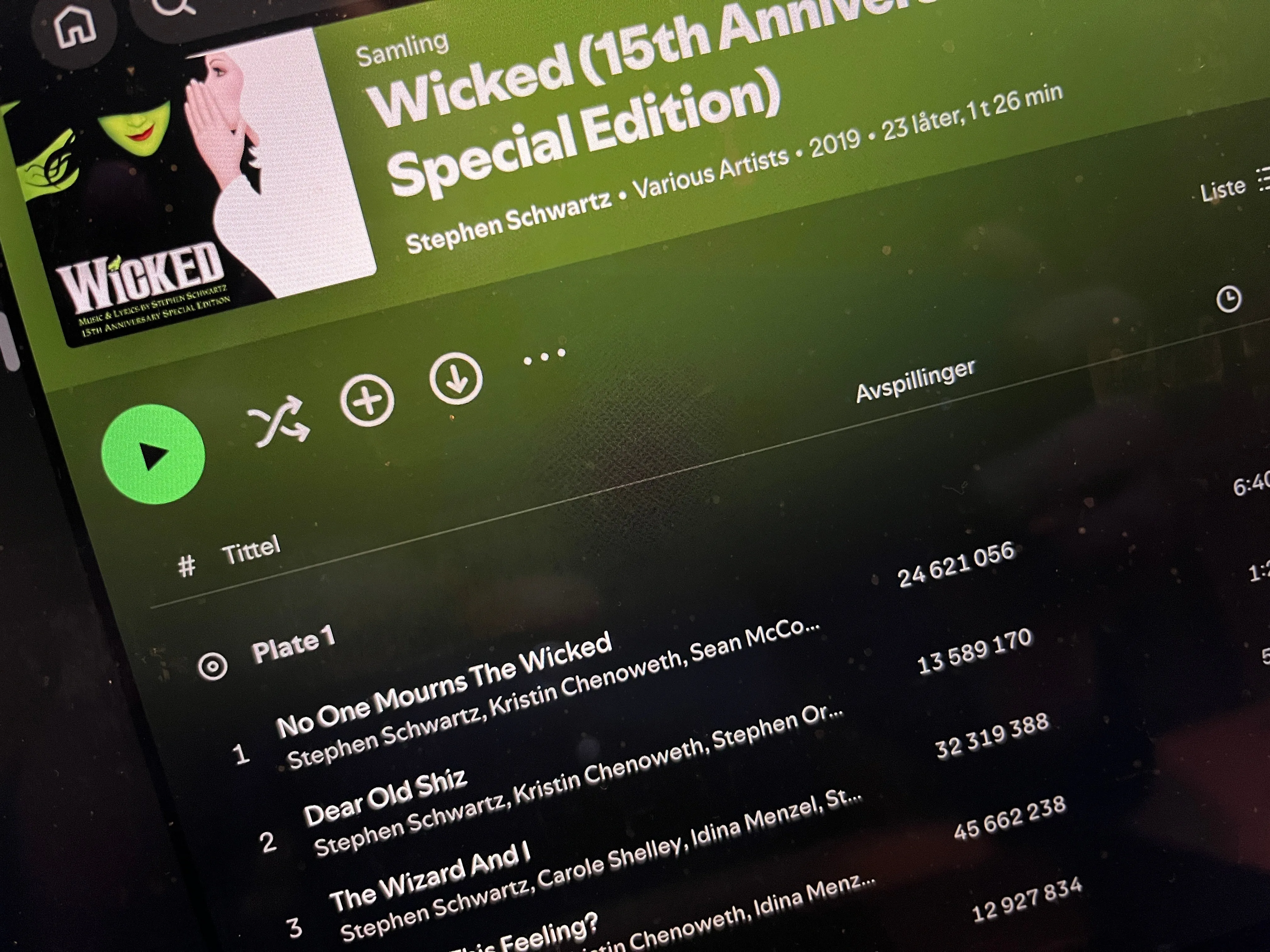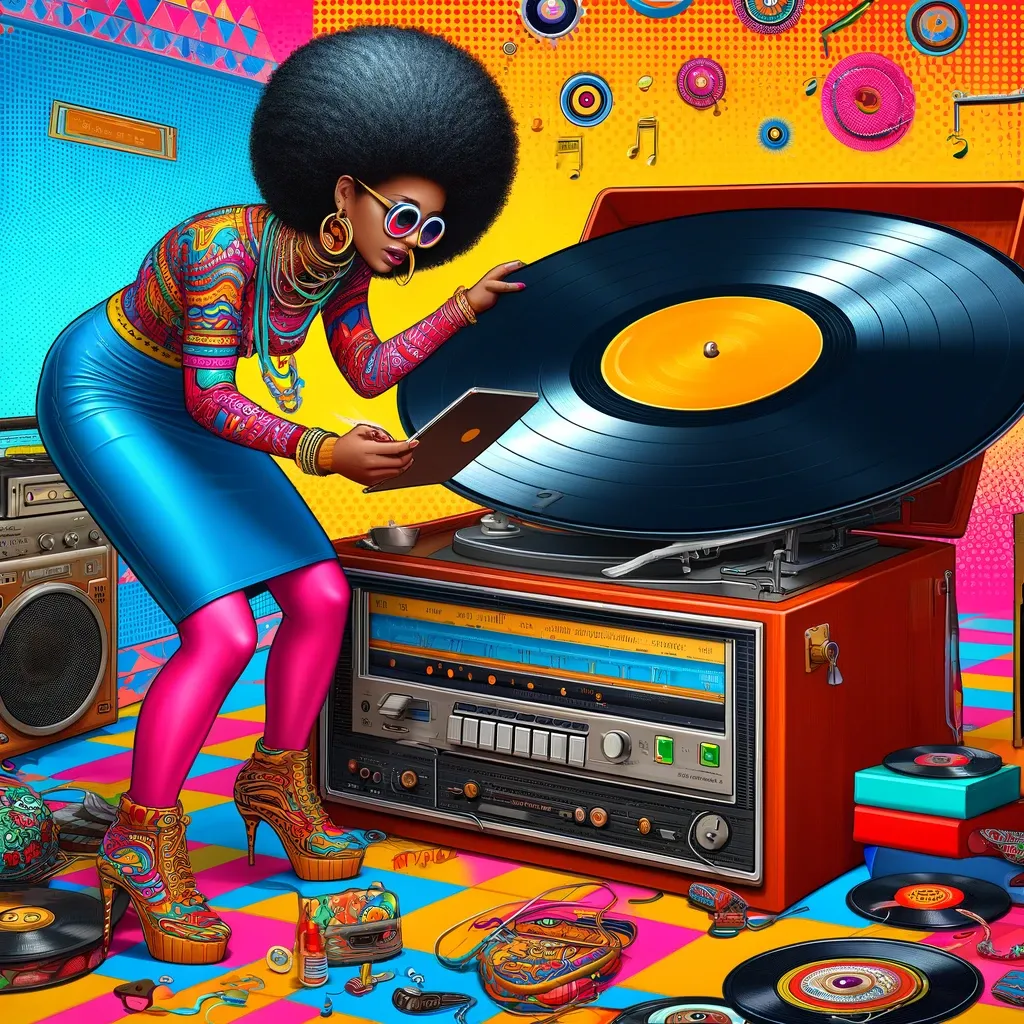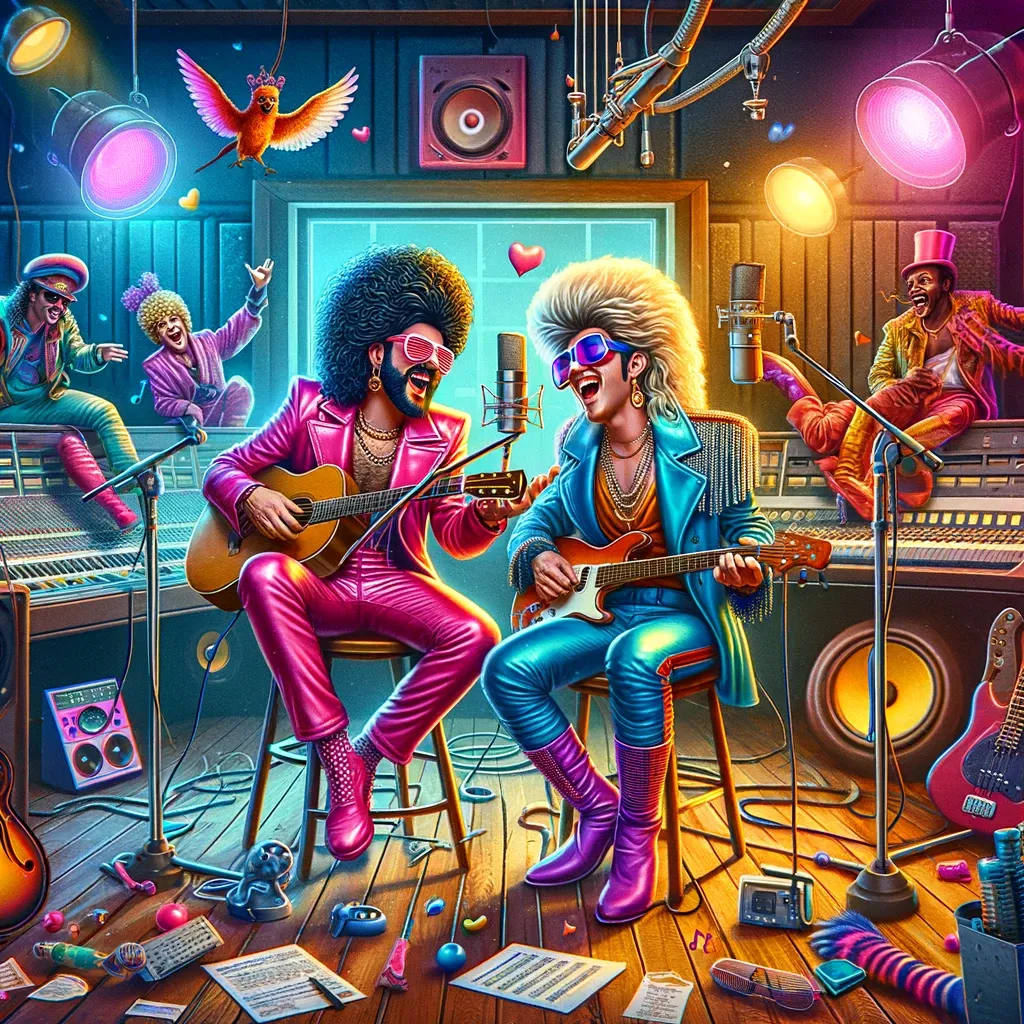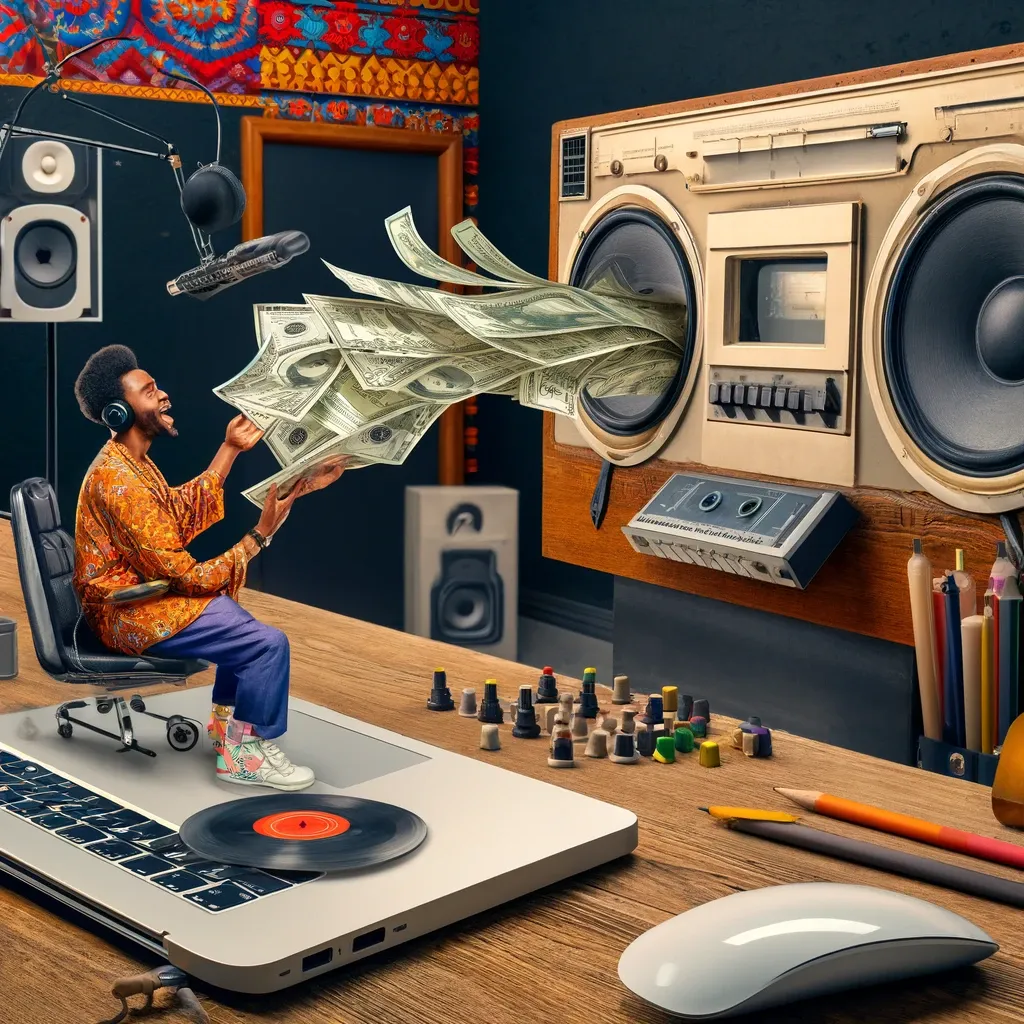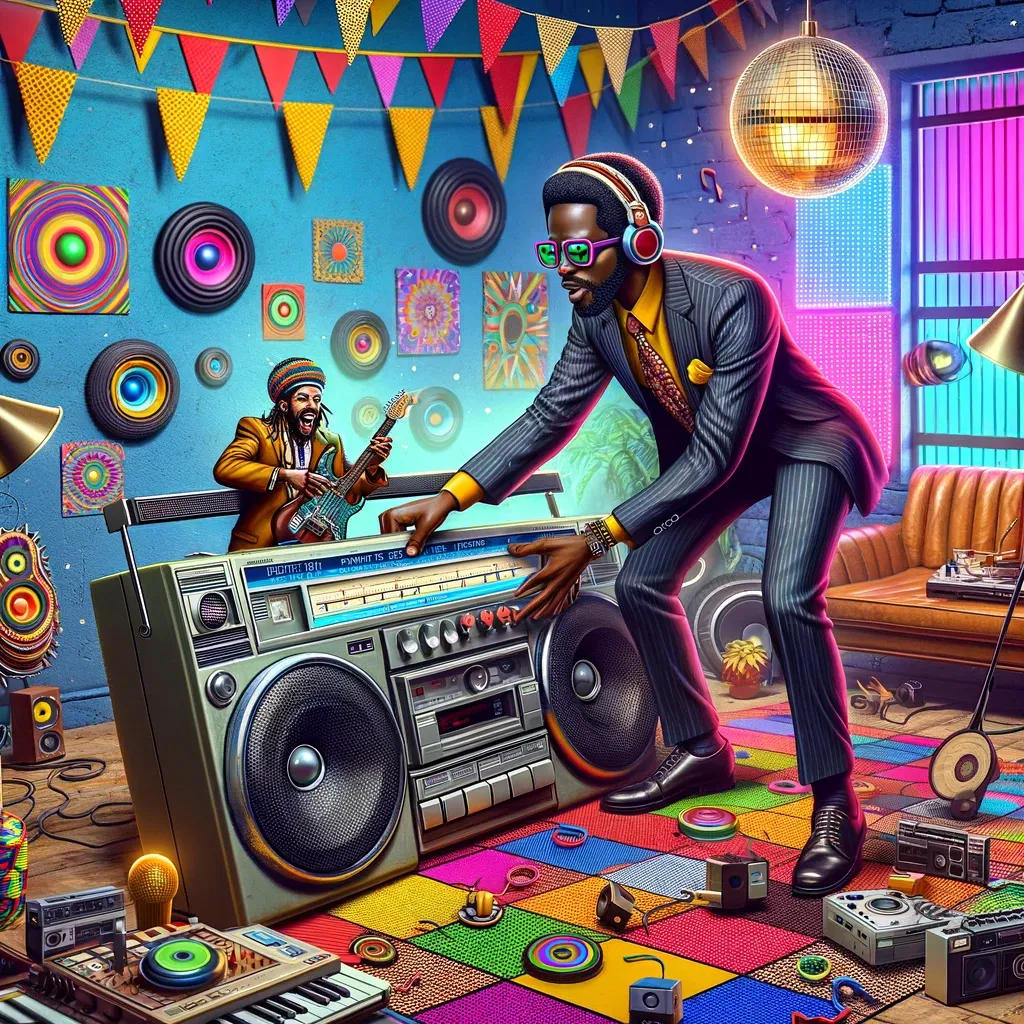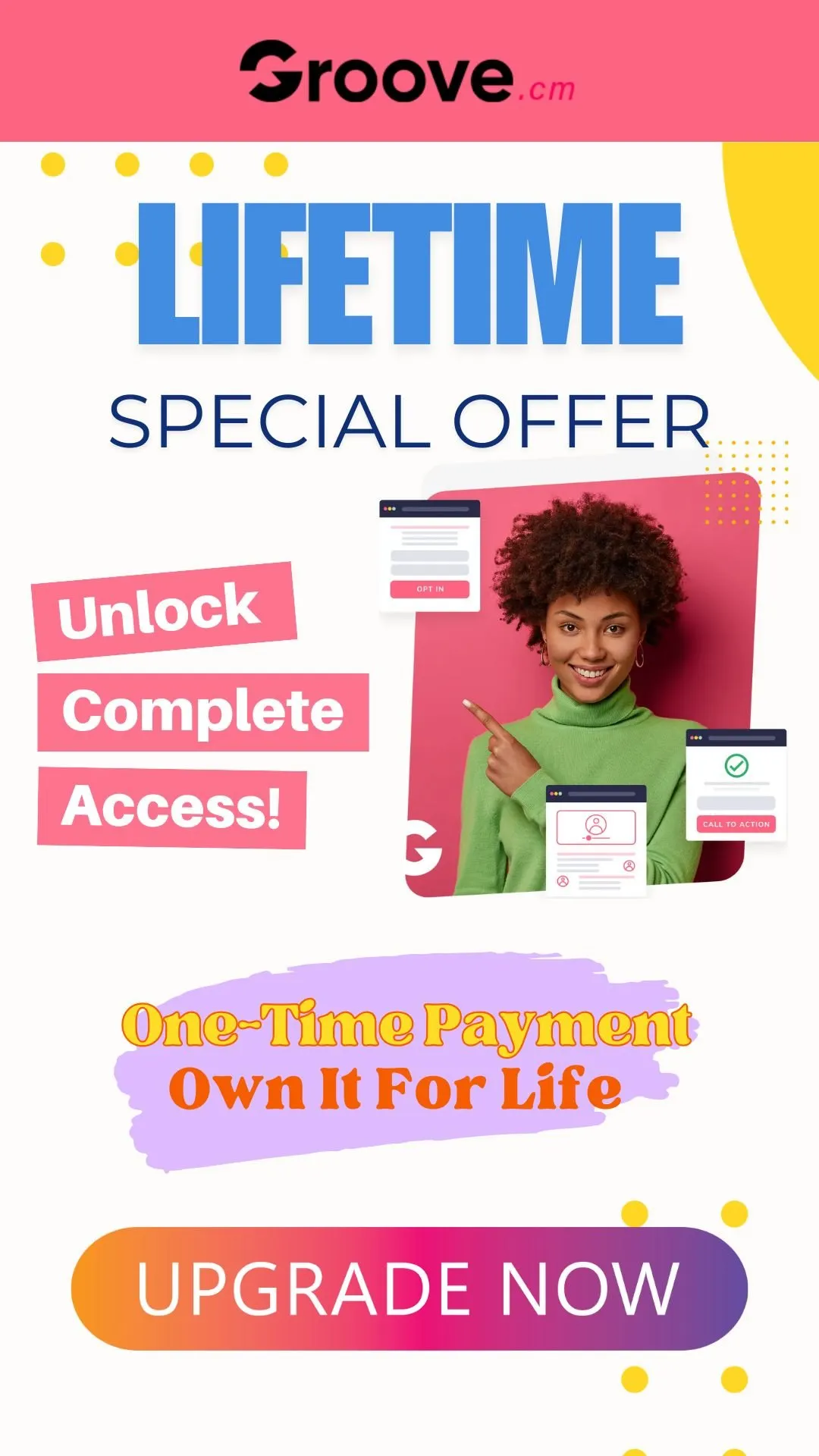The Brutal Truth About "Free" Music Distribution (That Nobody Wants to Tell You)
You've just finished your album.
You're broke.
And the idea of getting your music on Spotify, Apple Music, and Amazon without dropping a dime sounds like hitting the lottery...
But here's what nobody's telling you about "free" music distribution...
It's like getting a "free" car that costs you gas money forever.
The Moment Everything Changes
Think about it...
It's 2 AM. You're sitting in your bedroom studio, headphones around your neck, staring at your computer screen. Your latest track is playing on repeat - and damn, it's good.
Really good.
But your bank account? It's got about as much life in it as a Windows 95 computer.
Then you see it...
"Upload to ALL major platforms - Spotify, Apple Music, Amazon, Tidal - for FREE!"
Your heart skips. This is it. Your big break without the big expense.
You click "Sign Up" faster than you can say "record deal."
And that's when the trap snaps shut.
The Math That Nobody Shows You
Here's where things get interesting (and by interesting, I mean soul-crushing).
Let's say your music actually takes off. You know, because you're talented and you deserve it.
You make $1,000 in royalties your first year.
With that "free" service keeping 10% of your earnings, you just handed them $100...
"But hey, it's only $100, right?"
Wrong.
Scale that up. You make $10,000. They pocket $1,000 of YOUR money.
Meanwhile, that "expensive" $20/year service? You'd pay $20 and keep $9,980.
The "free" service just cost you $980 more.
And we're just getting started.
The Hidden Fee Avalanche
Remember that "free" service you signed up for at 2 AM?
Well, three months later, you're getting emails like this:
"Want your music uploaded faster than 2-3 weeks? Upgrade to Priority Upload for just $15!"
"Need to see who's actually listening to your music? Premium Analytics - only $12/month!"
"Customer support that responds within a week? VIP Support - $25/month!"
Before you know it, you're paying more than those "expensive" services... while STILL giving away chunks of your royalties.
It's like buying a "free" gym membership that charges you $10 every time you want to use the weights, $15 for the treadmill, and $20 if you actually want a trainer to help you.
When Customer Support Becomes Customer "Support"
Picture this fictional scenario (because I want to be crystal clear this is made up, but based on very real industry patterns):
Your song may be flagged for copyright infringement by mistake. It happens all the time—algorithms aren't perfect.
With a premium distributor, you send an email at 9 AM. By lunch, a real human responds with a solution. Your music is back online by dinner.
With a "free" distributor? You send that email and get an auto-response: "We've received your inquiry. Current response time is 7-10 business days."
Seven to ten days.
While your music career sits in limbo.
When you finally get a response, it's a copy-paste template that doesn't address your problem.
The Analytics Black Hole
Want to know who's listening to your music? Where they're from? What songs they skip?
Premium distributors give you everything:
- Real-time streaming data
- Geographic breakdowns
- Age and gender demographics
- Which playlists are driving plays
- Revenue forecasting
"Free" distributors give you this:
- Total plays (updated... eventually)
- Total revenue (no breakdown)
- A big fat "UPGRADE FOR MORE!" button
You're flying blind in your own career.
It's like trying to drive cross-country with a blindfold on. Sure, you might eventually get somewhere, but you'll probably crash first.
The Real Kicker
Some of these platforms bury clauses in their terms that basically say "we own your music now."
Not kidding.
You could wake up one day unable to move your own songs to a better platform—locked in, trapped, while they continue profiting off your creativity.
It's digital sharecropping.
The Breaking Point
According to industry data, the average independent artist who sticks with "free" distribution loses approximately $400-800 per year once they start generating meaningful revenue.
That's not just money - that's:
- Studio time for your next album
- Professional mixing and mastering
- Marketing budget for your releases
- Equipment upgrades
- Living expenses while you focus on music
Every dollar they take is a dollar stolen from your future.
So What's a Broke Musician to Do?
Look, I'm not here to crush your dreams.
Free distribution CAN work if:
- You're just testing the waters
- You're not expecting significant earnings yet
- You're okay with basic features and zero support
But if you're serious about making money from your music?
Do the math.
That $20/year investment pays for itself the moment you earn $200 in royalties.
Most serious artists hit that mark within 3-6 months.
The Choice
So...
"Free" music distribution is like that friend who offers to help you move but shows up empty-handed, eats all your pizza, asks you to pay for gas, AND tries to keep some of your furniture.
Sure, it's "free"...
But you end up paying more in the long run.
Your music deserves better. And so do you.
You can keep 90% of something while paying hidden fees forever, or keep 100% of everything for the price of a pizza per month.
Choose wisely.
Because your career depends on it.
Escape Plan: How to Break Free From "Free" Distribution
(If You're Already Trapped)
Don't panic if you're reading this and realizing you're stuck with a revenue-sharing distributor. There's always a way out - you just need to be smart about it.
Step 1: Read Your Contract (Yes, Really)
I know, I know. Nobody reads the fine print. But you need to find out:
- How long is your contract term?
- What's the cancellation process?
- Are there any penalties for leaving early?
- Do they have rights to keep your music after you leave?
Pro tip: Search for words like "termination," "cancellation," "perpetual," and "exclusive" in the document.
Step 2: Document Everything
Before you make any moves:
- Screenshot your current royalty statements
- Save all your original audio files and artwork
- Export any analytics data you can access
- Keep records of what you've paid in "optional" fees
You'll need this stuff later.
Step 3: Choose Your New Distributor
Don't jump ship without a lifeboat. Research and sign up with your new distributor BEFORE you cancel the old one. Popular options:
- DistroKid ($20-36/year, unlimited uploads)
- CD Baby ($10-70 per release, one-time fee)
- TuneCore ($15-30/year per release)
Step 4: The Clean Break
Most contracts allow you to leave with 30-60 days notice. Here's the process:
- Send written notice (email is usually fine, but check your contract)
- Request confirmation that your cancellation was received
- Ask for a timeline of when your music will be removed from platforms
- Get it in writing that you retain all rights to your music
Step 5: The Waiting Game
Here's the tricky part - there's usually a gap between when your old distributor removes your music and when your new one gets it live.
This gap can last 1-4 weeks.
Your streams will drop to zero during this time. It sucks, but it's temporary.
Step 6: Relaunch Strategy
Once your music is live with the new distributor:
- Announce the change to your fans (they might wonder why your play counts reset)
- Update all your links (website, social media, etc.)
- Reclaim your artist profiles on streaming platforms
- Rebuild your playlists if necessary
What If They Won't Let You Go?
Some shady distributors make it nearly impossible to leave. If you're getting the runaround:
- Document everything - every email, every phone call
- Check your local consumer protection laws - some states have "cooling off" periods
- Consider legal advice if significant money is involved
- Leave reviews warning other artists (after you're safely out)
The Nuclear Option
If a distributor is holding your music hostage, you might need to:
- Re-record and re-release under slightly different titles
- Use a different artist name for new releases
- Start fresh with a clean slate
It's not ideal, but sometimes it's the only way to move forward.
Prevention for Next Time
Once you're free:
- Never sign exclusive distribution deals unless you're getting a major label advance
- Always keep your master recordings and artwork files
- Read every contract before signing
- Set calendar reminders for contract renewal dates
Remember: Every month you stay with a revenue-sharing distributor is money out of your pocket. The sooner you make the switch, the more you'll save.


